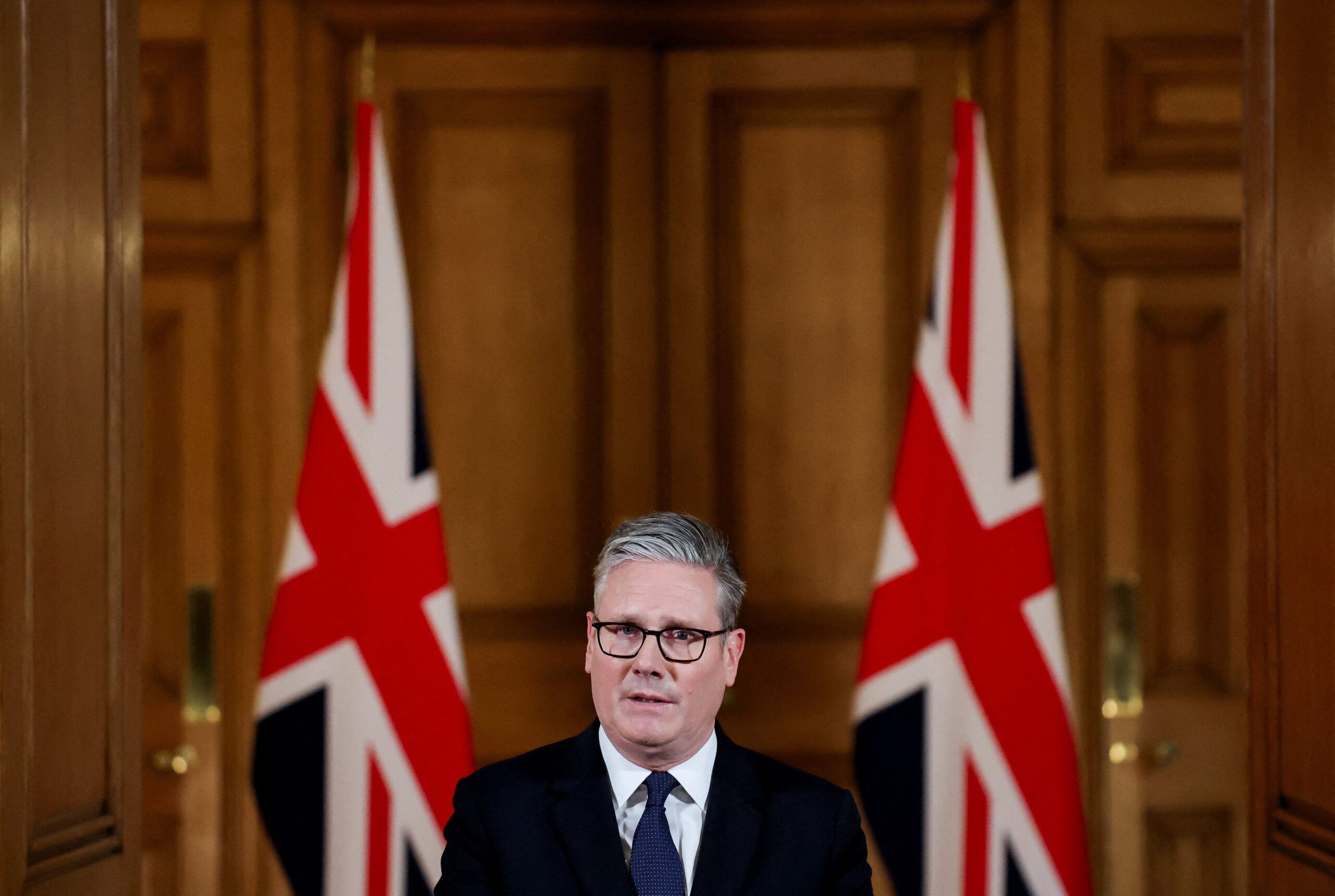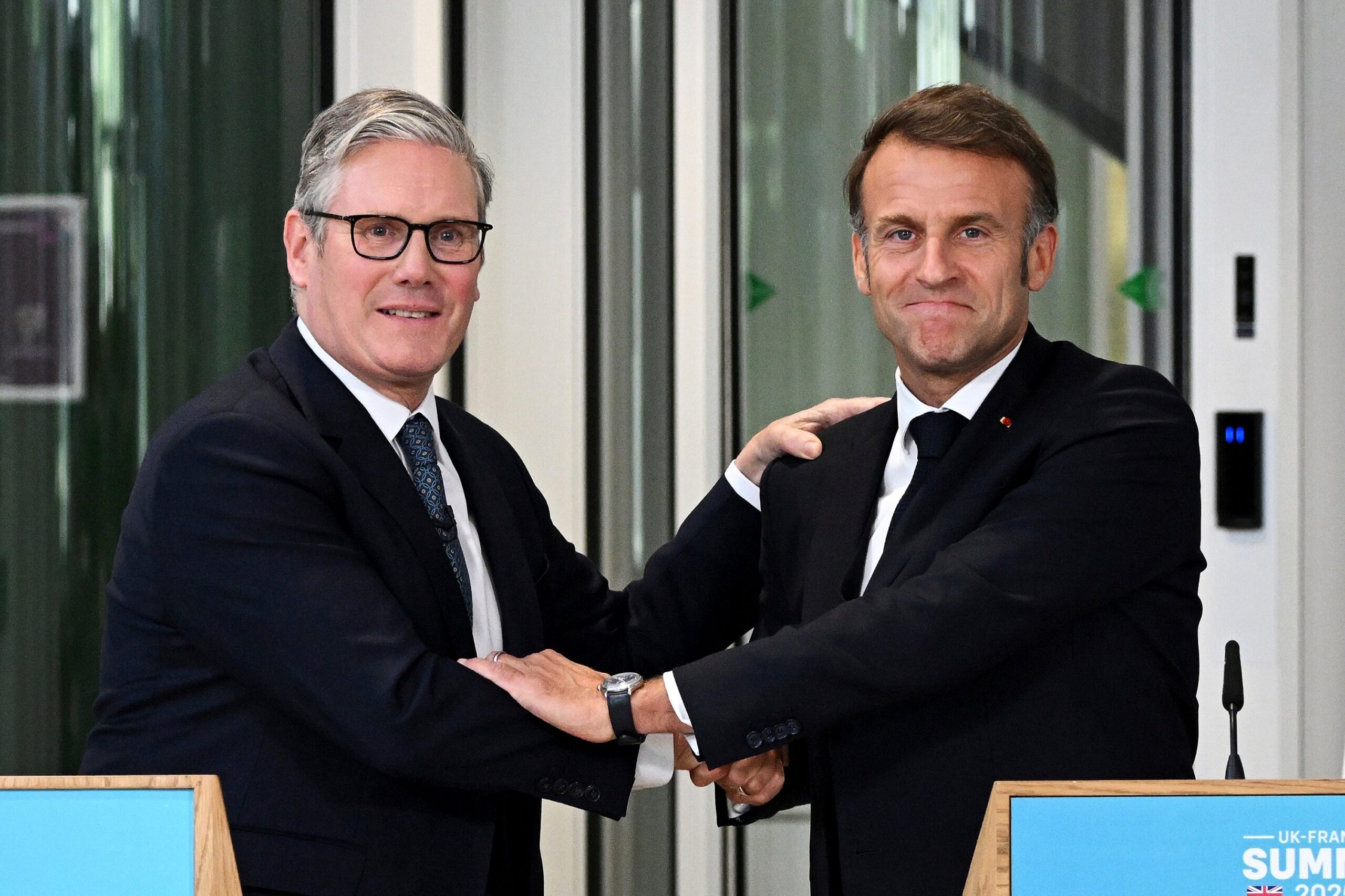Sir Keir Starmer has issued an ultimatum to Israeli prime minister Benjamin Netanyahu, warning he will recognise a Palestinian state in September unless a series of conditions are met.
The prime minister’s decision comes after mounting pressure from his backbench MPs, and even cabinet ministers, to recognise Palestine as a state.
Sir Keir held an emergency meeting of his cabinet on Tuesday to condemn the “increasingly intolerable situation” in Gaza and discuss a UK-led peace plan for the region which David Lammy presented to allies in New York.

But the PM went further, updating Labour’s position on the recognition of a Palestinian state. The Independent looks at what the change of stance means, and what conditions Sir Keir has set out ahead of recognition.
What does it mean?
Recognition of a Palestinian state is a largely symbolic move given the situation on the ground in Gaza and the rest of the Occupied Palestinian Territories.
The Montevideo Convention of 1933 established several criteria which must apply before an entity can be recognised as a sovereign state.
These are a permanent population, a defined territory, an effective government and the ability to conduct international relations.
But the process would offer tangible benefits to the Palestinians. It involves the establishment of formal diplomatic relations, including the opening of embassies, the exchange of ambassadors, and the signing of bilateral treaties. Recognition also grants the recognised state access to certain rights in international organisations. For Palestinians, such recognition would strengthen their claim to sovereignty and facilitate greater international support.
Added to that, the UK recognising a Palestinian state has a special significance because it was Britain which in effect created the modern state of Israel with the Balfour Declaration in 1926, signed by then Foreign Secretary Sir Arthur Balfour. Britain also brings extra influence as the former colonial power and current member of the UN Security Council.
Who else has recognised Palestine?
France has committed to recognising a Palestinian state in September, when Sir Keir’s own promise to do so will take effect if Israel ignores his demands.
Emmanuel Macron’s promise put his country on course to be the first in the G7 to recognise Palestine.

But already 144 of the 193 UN member states, including Spain, Norway, Ireland, India, Russia and China recognise it as a state.
Critics have argued that recognition has not helped resolve the problems on the ground or brought peace. They also note that Palestine does not fulfil the criteria of a state with a permanent population, a defined territory, a stable government, and the ability to enter into relations with other states.
What has Keir Starmer called for?
Sir Keir has set a series of conditions for the Israeli prime minister, warning that if they are not met, Britain will recognise Palestine alongside France at the UN General Assembly (UNGA) meeting in September.
The first is for the Israeli government to take “substantive steps to end the appalling situation in Gaza”, which is seeing thousands of Palestinians starving as aid is unable to get into the strip.
The second is for Mr Netanyahu to promise no annexation in the West Bank. And the third is a commitment to a long-term peace process that will deliver a two-state solution between Israel and Palestine.
The prime minister has also said the UK and its allies need to see “at least 500 trucks entering Gaza every day” to deliver aid.

Notably, Mr Netanyahu and right-wing elements of his government have abandoned the promise of a two-state solution and pushed for a one-state solution.
Sir Keir also called for Hamas to release remaining hostages, agree to a ceasefire, disarm themselves and rule themselves out of government in Gaza. But there are concerns that he has not linked Palestinian state recognition to his demands of Hamas.
Is either side likely to agree?
In short, no. The prime minister’s ultimatum is likely to be largely ignored by Mr Netanyahu, leaving recognition of a Palestinian state by Britain looking almost inevitable.
Hamas is also unlikely to agree to the prime minister’s conditions and will continue to hold on to its hostages.
There is a danger that while US president Donald Trump in effect said he would accept the UK recognising a Palestinian state, his US State Department is strongly opposed to the move and it could damage the special relationship.
The prime minister promised an assessment of how far both sides have progressed towards meeting his tests before UNGA. But the news about Britain’s plans now looks set to dominate the conference.
